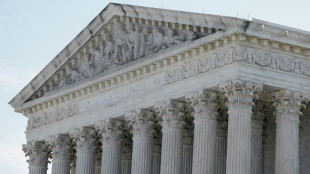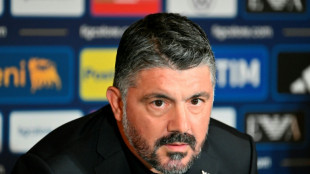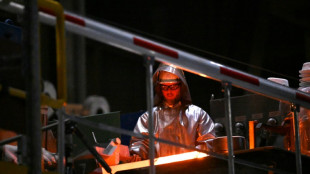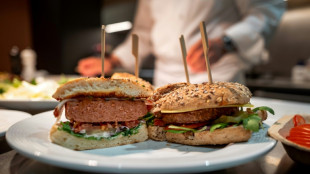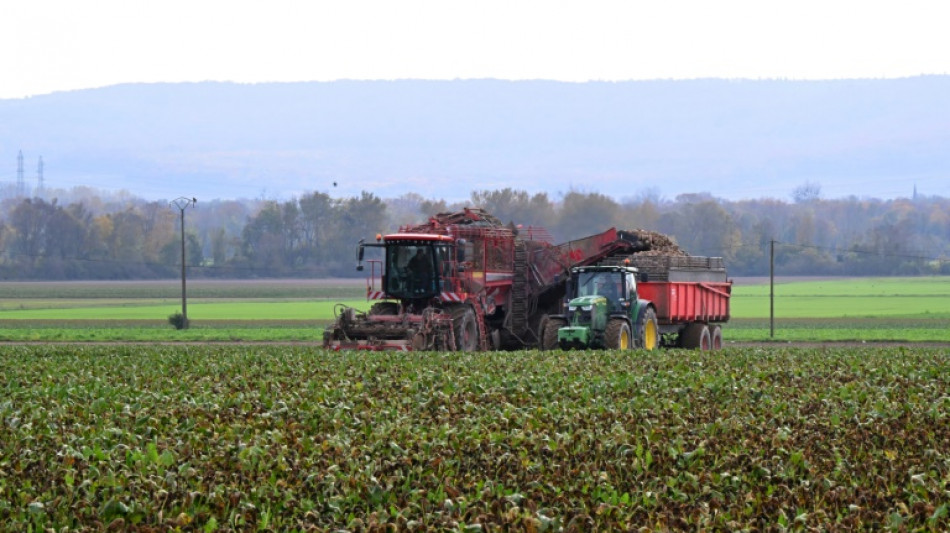

EU ready to tax Russian fertilisers from July
EU lawmakers greenlighted tariffs on fertiliser imports from Russia on Thursday, despite European farmers' fears the move could send prices soaring.
Over a quarter of the 27-nation bloc's imports of nitrogen-based fertilisers come from Russia, with more entering from Moscow ally Belarus -- which the European Commission wants to bring to an end.
The European Parliament backed the plan on Thursday, voting 411-100 for a bill that will enact duties in July and gradually increase them to a point where they would make imports unviable in 2028.
Three years after Russia's invasion of Ukraine, the EU must stop fuelling "the Russian war machine" and "limit the dependency of Europe's farmers to Russian fertilisers", said lawmaker Inese Vaidere, spearheading the push in the EU parliament to impose the tariffs.
Member states have to formally give the bill their final approval, having previously already backed the idea.
The move is not welcomed by farmers.
With rising production costs, pan-European farmers' group Copa-Cogeca explained, using Russian fertilisers was "the most competitive in terms of price, due to well-established logistics" for supplying the EU.
Brussels also intends for the levies to prevent the indirect export of Russian gas, which is used to produce fertilisers.
The EU wants to increase the bloc's own fertiliser production, and its moves are welcomed by the fertiliser industry in the bloc.
"Time is running out. We've been basically calling for action at the EU level for three years," said Tiffanie Stephani of Norwegian fertiliser manufacturer Yara.
But she admitted the farmers' concerns were "more than legitimate".
- 'Punishing farmers' -
The EU has its work cut out to reassure farmers, who are already angry about administrative burdens, squeezed revenues and what they see as unfair competition from less-regulated overseas rivals.
The tariff could be "potentially devastating" for the agriculture sector, warned Copa-Cogeca, adding: "European farmers must not become collateral damage."
A farmer in central Belgium, Amaury Poncelet, accused the EU of hurting the sector.
After spreading nitrogen fertiliser on his field in Berloz -- which he buys from a dealer in Ghent without knowing where it comes from -- the grain and beet farmer said he "doesn't understand the European Union's idea of punishing its farmers".
"We're losing money because of these European decisions that treat us like pawns who don't matter," he said.
The EU has suggested that duties on imports from North Africa, Central Asia, the United States, Trinidad and Tobago, and Nigeria could be removed to alleviate pressure on prices, among other mitigating measures, in case of price shocks.
Yara's Stephani pointed to estimates showing that, with tariffs on Russian imports, there would be an increase of fertiliser prices of $5 to $10 per tonne "because of different logistic costs".
Prices vary, but a tonne of nitrogen fertiliser is currently worth around $400.
M.Trapani--JdM
